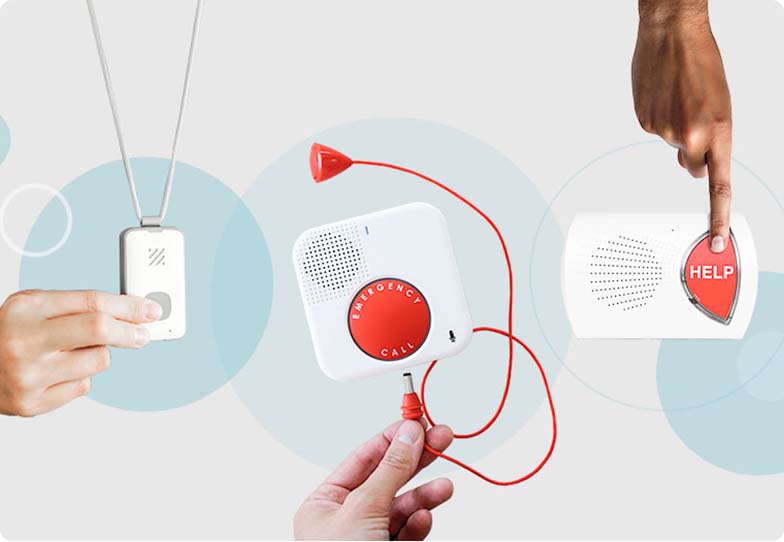With most of the nation under threat from extreme cold, blizzards, severe thunderstorms, and tornado warnings, leaving the house seems like a risky proposition. But hunkering down with a blanket and a cozy fire isn't an option for most of us. If you have to brave the weather to navigate icy or snowy roads, it's crucial to be prepared. Every year, 24% of weather-related crashes happen on slushy, snowy, or icy roads, and 15% happen during sleet and snowfall.
But fear not! You can stay safe and enjoy the winter wonderland with the proper knowledge and precautions. In this article, we'll explore the importance of snow tires, tire maintenance tips, driving advice for winter storms, and what to do if you find yourself stranded on the road.




